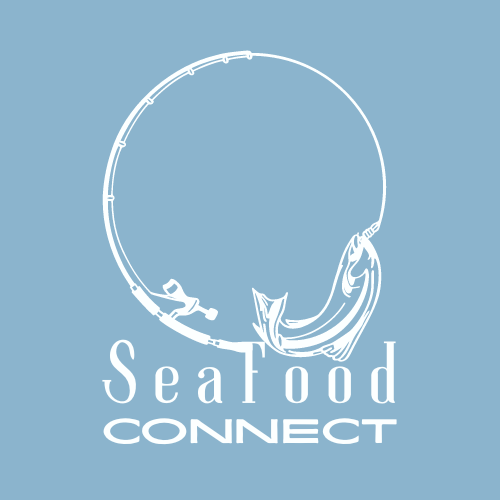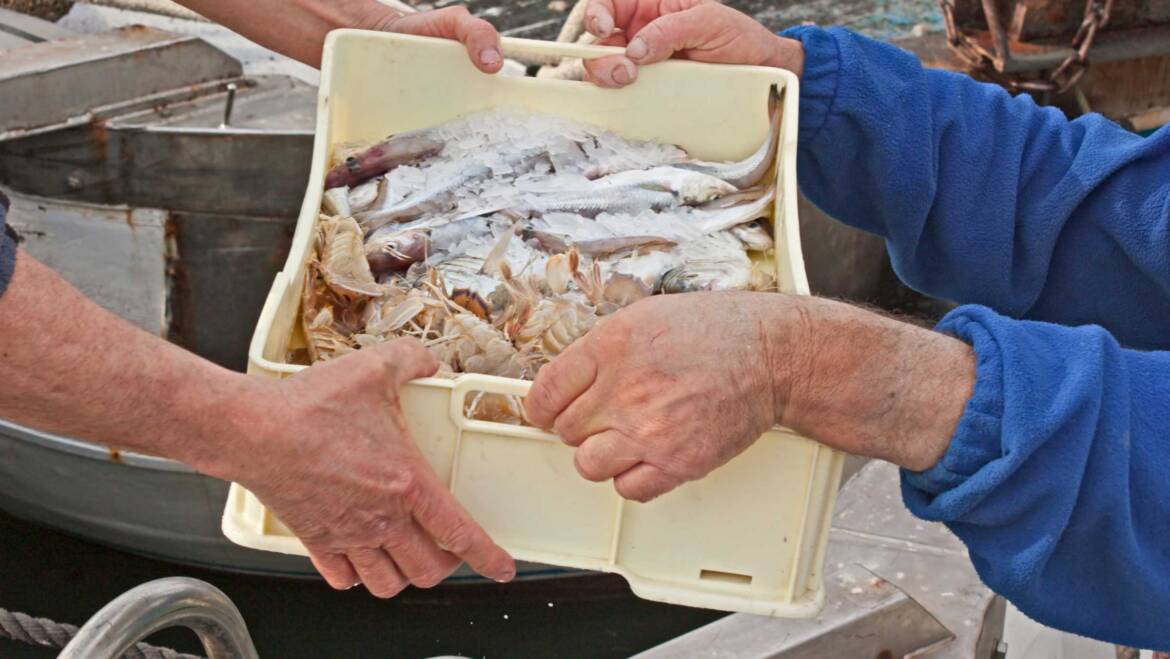Lionfish are an invasive species in many parts of the world, including the Atlantic Ocean and the Caribbean Sea. While they are not native to these areas, they have been introduced through aquarium releases and have rapidly multiplied, causing significant harm to local ecosystems.
Lionfish are known for their voracious appetite and their ability to outcompete native species for food and habitat. They have few natural predators in these regions, which has allowed their populations to grow unchecked. As a result, lionfish have become a major ecological threat, negatively impacting coral reefs and other marine environments.
Efforts to control lionfish populations have been underway for several years, and one approach has been promoting their consumption as seafood. Lionfish meat is considered safe to eat and is said to have a mild, delicate flavor. Some people have embraced lionfish as a food source, believing that increased demand could help reduce their numbers in the wild.
However, it’s important to note that while there have been efforts to promote lionfish consumption, the idea of “strong sales” of lionfish as seafood may be misleading. The primary focus is on raising awareness about the lionfish invasion and encouraging sustainable fishing practices. It’s unlikely that lionfish sales have reached a level comparable to other popular seafood items.
In any case, the issue of lionfish invasion requires a multifaceted approach that includes public education, conservation efforts, and sustainable fishing practices. It’s crucial to balance the promotion of lionfish consumption with conservation goals to ensure the long-term health of marine ecosystems.


Add Comment